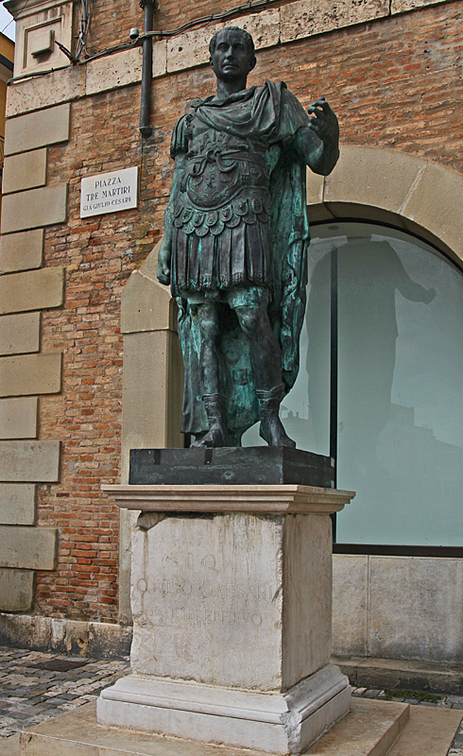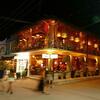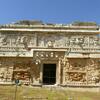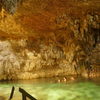
Caesar
In september 1943, after the fall of Mussolini, and the signing of an armistice with the allies, Italy found itself effectively invaded by its former allies the Nazis, who managed to keep control of almost half of the country. While the allies fought to advance up through Italy between 1943 and 1944, groups of armed resistance to the Nazi’s (and the significant number of fascist loyalists) formed – the Partisans or Partigiani as they’re known in Italian. By the summer of 1944 the German defensive line against the allies was south of Rimini. Partisan efforts to attack the Nazi invaders concentrated primarily on sabotage efforts at this stage (though in April 1945 it would be the Partisans uprising in cities like Bologna, Milan and Turin, which would effectively liberate the country). In particular around Rimini efforts were aimed at disrupting food harvests, to stop valuable grain being shipped to Germany as part of the war effort. It was in this context that three young Partisans, Luigi Nicolò, Adelio Pagliarani, Mario Capelli, sabotaged a threshing machine outside Rimini in August of 1944. It was an act of defiance for which they would pay dearly. The three were caught in a raid in Rimini, imprisoned and tortured, and three days later, on the 16th of August 1944 were hanged publicly in Piazza Giulio Cesare, as it was then known. |
|























